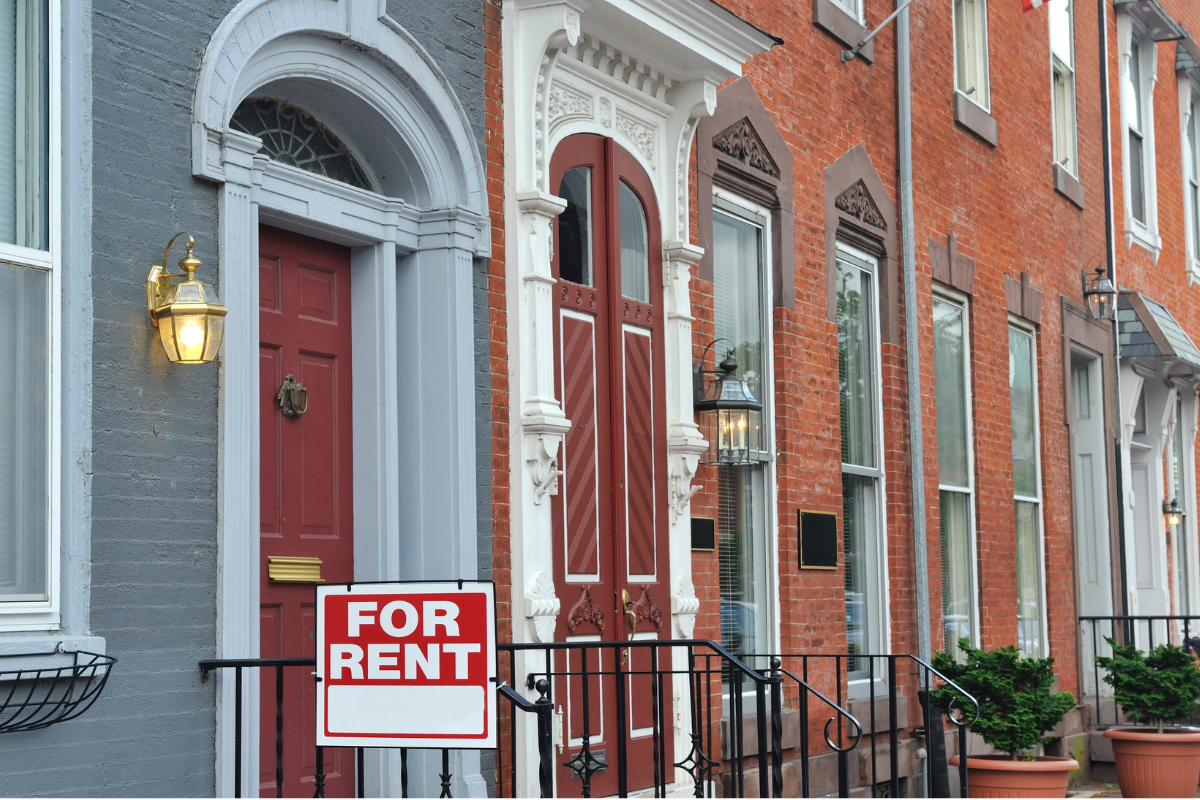
By Beds SU
Friday, 31 October 2025
To help ease any worry Caius has prepared this useful guide of best practices to help with moving into your new home. For those of you returning, you are encouraged to keep reading as there will very useful information for you too.
Vocabulary Breakdown
It’s important to understand the language that accommodation providers or landlords are using to ensure that you don’t miss any important information.
Deposit – A deposit is a sum of money paid by the tenant to the landlord at the start of the tenancy to provide the landlord with security in case anything is missing or damaged at the end of your tenancy or if there is outstanding rent to be paid. You should receive your deposit back in full at the end of your tenancy if there is no damage, missing items or outstanding rent. It is your landlord's responsibility to protect your deposit for the duration of your tenancy by registering with a government approved protection scheme. Visit our knowledge hub for more information about deposits and your rights.
Guarantor – A guarantor is an individual who is liable for paying your rent if you fail to do so. The tenancy agreement may also set out additional circumstances in which your guarantor may be liable to pay such as covering the cost of any damage to the property.
Per Calendar Month (PCM) - This term is frequently used in property listings and rental agreements to clearly define the monthly financial obligation for tenants. It means that the same amount of rent will be due every month regardless of how many days are in the month. It is normally paid on the same date each month, as agreed in your tenancy agreement. For example, if your tenancy begins on 5th of February, your rent will be due on the 5th of every month thereafter.
Tenancy Agreement – A tenancy agreement is a legally binding contract between you and your landlord that sets out what your rights are as a tenant as well as your landlord’s rights. They will typically contain information such as how much and how often rent is due as well as how long you can occupy the property for and sets out the details for providing notice to end the tenancy. Citizens Advice has a great article going into more detail about tenancy agreements.
Tenancy Deposit Protection Schemes - The law states that when you pay a deposit for your rented property that the landlord or letting agency must place your deposit with a government approved deposit protection scheme within 30 days of the deposit being paid, otherwise a court may order the landlord to pay compensation to the tenant. The four government approved deposit protection schemes are:
- Deposit Protection Scheme (DPS)
- MyDeposits
- The Dispute System (TDS)
- Capita Tenancy Deposit Service
There are specific details that a landlord must pass onto you as a tenant once they have submitted your deposit to a protection scheme. These include the landlord’s name and contact details, a UK address, the amount of the deposit paid, the address of the tenancy, the details of the deposit protection scheme used, how to get the deposit returned, details of the process to follow if there was a dispute.
If the tenant has left the property in a good and clean condition according to the tenancy agreement, the tenant has not breached the terms of the tenancy agreement, and paid all rent due, the tenants deposit should be returned in full at the end of their tenancy.
Ready to move in?
When you first move into your accommodation ensure that you take a detailed inventory of all items. Ensure that you take pictures of the condition of the accommodation and items and email them to yourself so that you have a timestamp, you could also send this to your landlord as well.
Purchase contents insurance to protect your belongings.
Update your address for online shopping and for any mail that you subscribe to. If your new address is not term time only then you will also need to register your new address on your driver's licence, council tax, and utilities.
It is important that when you move, you register to vote even if your new address is only for during term time. This also applies to registering with a GP so that you can make a doctor's appointment to avoid needing to go to Accident & Emergency.
If your rent does not include utilities, you will also need to take meter readings on the day that you move in and contact the utility companies that your accommodation is registered with. If your accommodation uses gas, you should also be supplied with an in-date gas safety certificate by the landlord.
What is council tax?
If your property is occupied only by full-time students, then you do not need to pay council tax providing that each full-time student has applied for council tax exemption. If one or more occupants are either a part-time student or not a student, then you will need to partially pay for the council tax of that property.
Council tax exemption only applies to students while they are studying full time. If you complete your course or are exited from your course before the end of your tenancy, you will be liable to pay council tax for the period between no longer being a student and the end of your tenancy. If you only study part time, you cannot apply for council tax exemption.
If you’re not sure how to apply for a council tax exemption, this article provided by the Student Information Desk gives an in-depth guide.
Still have questions?
If you still have questions after reading our guide, you can find additional information at our knowledge hub below.

